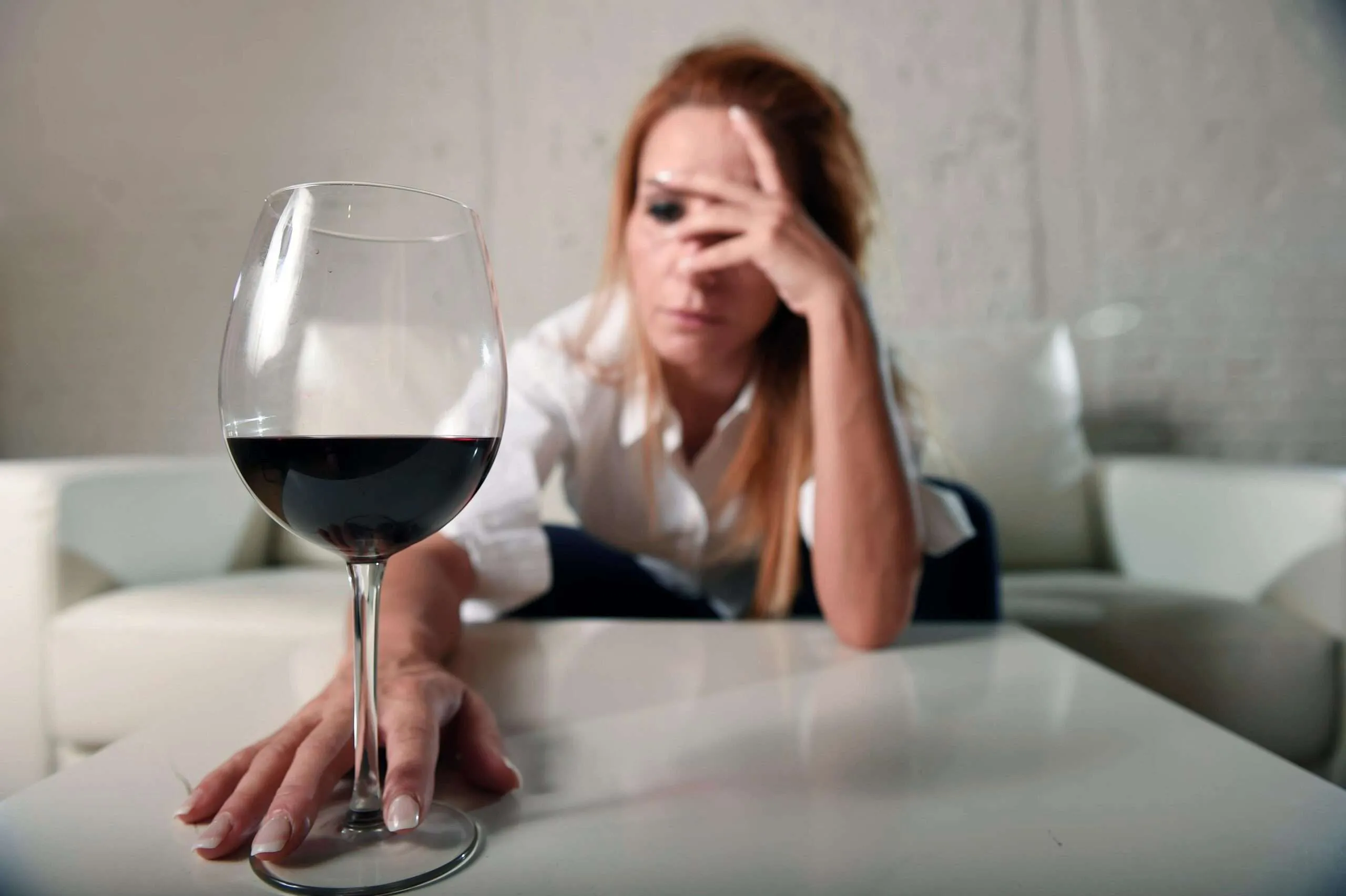From the time we are kids, we are warned about the dangers of drug use and developing a drug addiction. But is alcohol considered a drug? It definitely has similarities to drugs, especially when it comes to someone developing a substance use disorder. Tampa Bay Recovery explores the idea that alcohol is, in fact, a drug. We offer structured outpatient care for anyone struggling with a substance use disorder, including addiction to alcohol.
Is Alcohol Considered a Drug?
In thinking about the question, “Is alcohol considered a drug?”, consider the following. The Centers for Disease Control and Prevention defines a drug as “any substance that can change how a person’s body and mind work”. Just as a person endures a risk of becoming addicted to many types of drugs, they can also become addicted to alcohol. When this happens, it impacts how they think, feel, and act, just as drug addiction does. They develop both a physical and a psychological reliance on alcohol that usually requires professional intervention and treatment to overcome.
Aren’t Addictive Substances Illegal?
A drug or substance does not have to be classified as illegal to be a potential danger to those who consume it. While addiction can happen to people who abuse illegal narcotics like cocaine and heroin, many legal substances contain their own risk for addiction. For example, prescription drugs are available legally to those who have a prescription for them. Yet, in 2021, about 14 million people aged 12 and older reported misusing prescription psychotherapeutic drugs. In addition, the recreational use of marijuana has been legalized in almost half of the states, but some people develop a problem abusing it and need treatment.
While alcohol is legal to purchase and consume, provided the person is age 21 or over, it still carries a risk of becoming addictive. The concern about alcohol’s impact on society goes back to Prohibition when alcohol was banned in the U.S. for several years. Ultimately, the demand for alcohol proved incredibly strong, and illegal manufacturing and sales of it happened regardless of the Prohibition Act. As a result, the law banning it was revoked.
Is Alcohol Addictive the Way Drugs Are?
It can be easy for someone to see drinking too much as an excusable vice, a right of passage for younger people, or an acceptable way to blow off steam or celebrate. They miss the reality that alcohol presents a real danger to those who make a habit of overindulging in it. Alcohol is consumed more than any other type of substance and is also the most commonly abused substance in the U.S.
Just like with many drugs, both legal and illegal, many people become addicted to alcohol. Furthermore, people can die from alcohol poisoning if they drink too much. When an alcoholic stops drinking, withdrawal symptoms that may be more difficult and dangerous than those that happen with drug abuse can occur. This makes it necessary for anyone who needs to stop drinking to undergo a supervised medical detox program to help keep them safe.
What Impact Does Alcohol Abuse Have on a Person?
Alcohol addiction can cause a lot of damage to a person’s physical and mental health. A person’s physical health is impacted by things like:
- Difficulty thinking and speaking
- Poor physical coordination
- Changes in weight
- Malnutrition
- Frequent hangovers
- Shaking
- Blackouts
- Withdrawal symptoms when not drinking for a period of time.
Alcoholism can lead a person to experience depression, anxiety, and other symptoms of poor mental health. For those who already have a condition like depression, it can worsen it. In addition, alcohol addiction negatively impacts family relationships and friendships. It can also cause trouble for a person in their career, education, and ability to participate in favorite hobbies or achieve new goals.
How is Alcohol Addiction Treated?
Because alcohol addiction and drug addiction are quite similar, treatment for both illnesses draws from the same two areas. First, the individual seeking care can choose from either outpatient or residential treatment. Outpatient care involves the person living in their home or a sober living house and traveling to a facility for their therapy sessions. They can range from one to seven days per week, depending on the severity of the addiction. Alternatively, some people enroll in a residential program in which they live in a facility for a period of time. In both types of care, the person attends multiple types of therapy that address how to become sober for life.
Someone who stops drinking will likely experience some kind of withdrawal symptoms. Treatment programs provide access to valuable prescription medications that help ease these symptoms. The medications can be taken during the initial detox program and into residential and outpatient treatment, as needed.
Get Help for Alcoholism Today in Tampa, FL
Now that you know alcohol is considered a drug in how it can tear a person’s life apart via addiction, it’s time to get help. Tampa Bay Recovery can get you enrolled in a detox program that helps you get through the initial stages of stopping drinking. From there, we help you easily transition into one of our outpatient programs. Our goal is to partner with each person to understand the most effective ways to help them discover the joy of living sober.
Visit our admissions page now to find out how our program works. We can help you get the vital treatment you deserve to quit drinking.








